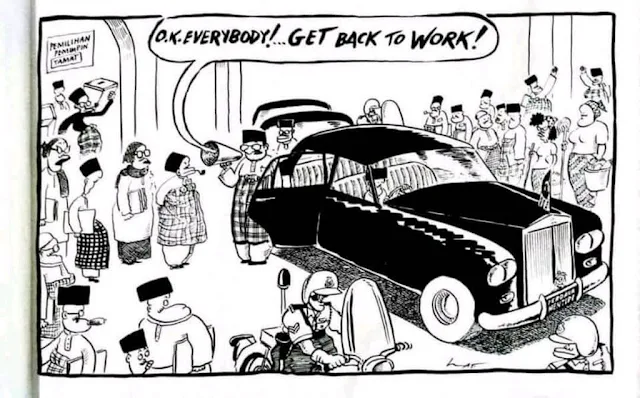Aruvi (அருவி, Tamil; 2017)
 Let's face it. People are expected to live within preset rules. The society sets what is acceptable, what is happiness, what is beauty, what should our aim in life be and it decides our desires and aspirations.
Let's face it. People are expected to live within preset rules. The society sets what is acceptable, what is happiness, what is beauty, what should our aim in life be and it decides our desires and aspirations.
We are enrolled in schools to be educated in a rote manner, taught to act in a predetermined manner, told what are good virtues to fit into society. At the society level, we are all like lambs to the slaughter. We work for the big corporations who sell us things that we do not need. The media sets values that are favourable in modern living. They pluck the strings of our heart to crave for things that the big corporations are willing to sell at a cost of an arm and a leg. We think we will be happy with the purchase but surprisingly, happiness is but an elusive dream.
The world emphatically asserts that all man are equal. In reality, it is just hogwash. People are arranged in a pecking order, with the wealthier ones perched on the peak of the pyramid controlling the poor ones at the wide-based structure. The female gender is given second-class status. Human values and humanity take a back seat whilst advancement in career and accumulation of material wealth take precedence. The weak and the sick in the community deserve their statuses.
'Aruvi' deviates from the usual formula of Tamil movies. Gone are the typical love melodramas and Romeo-Juliet sort of unrequited love. The first half the show keeps us wondering what is going on. There are some arrests and there is talk of a terrorist link. Slowly, through the interrogations, the real world unveils. Even then, we are kept in suspense why Aruvi is ostracised by her family after growing up in such a loving environment.
After living with her girlfriend, Jessy, and later with her transgender friend, Emily, she turns up at a local TV station. The station is famous for a talk-show which exposes social ills. The rest of the story explains the purpose of Aruvi's visit and the surprising turn of events that follows.



































